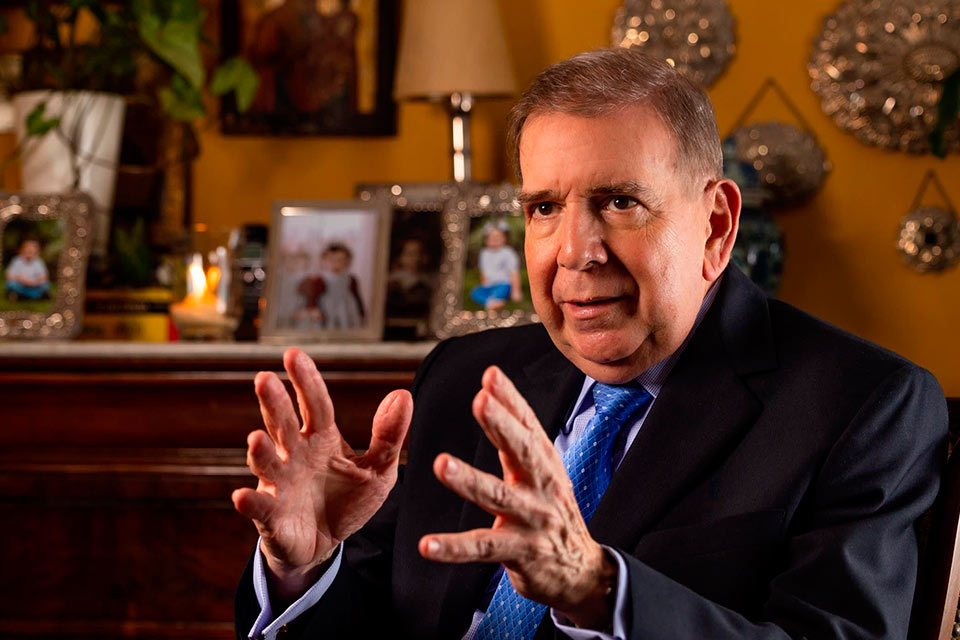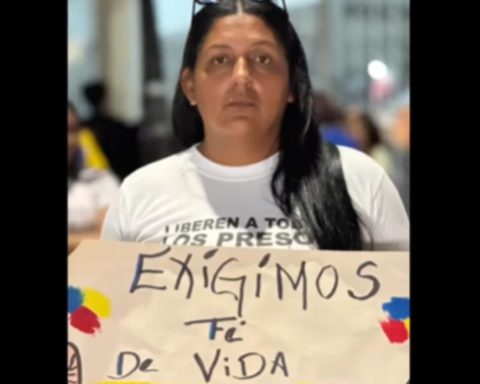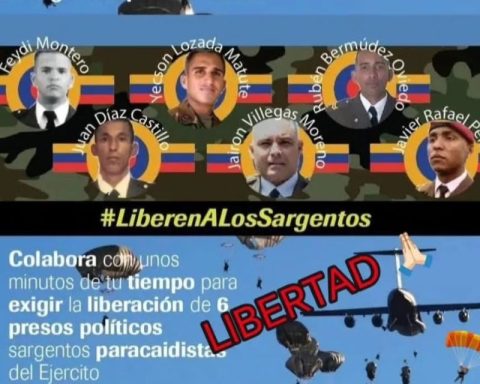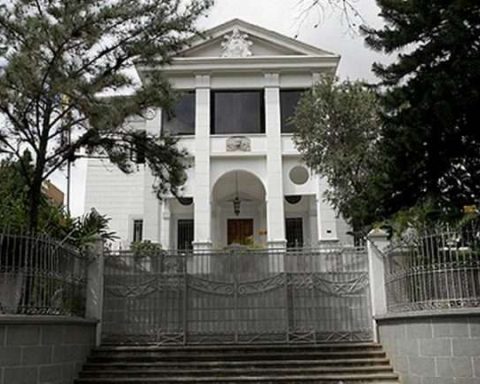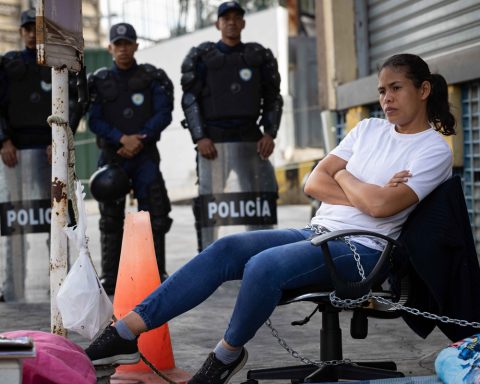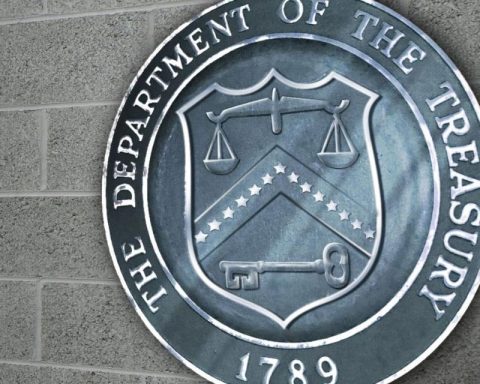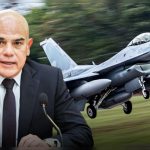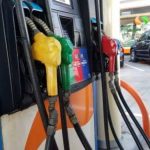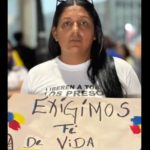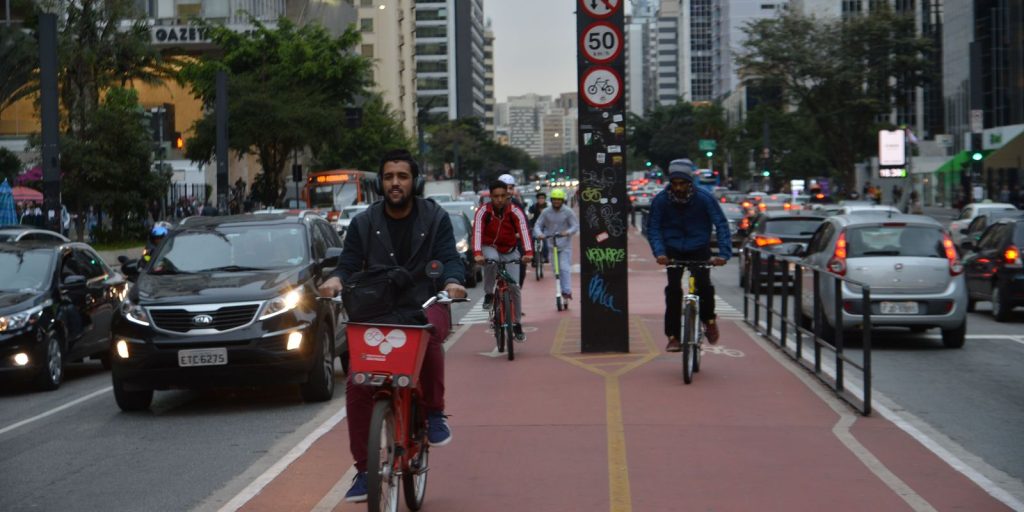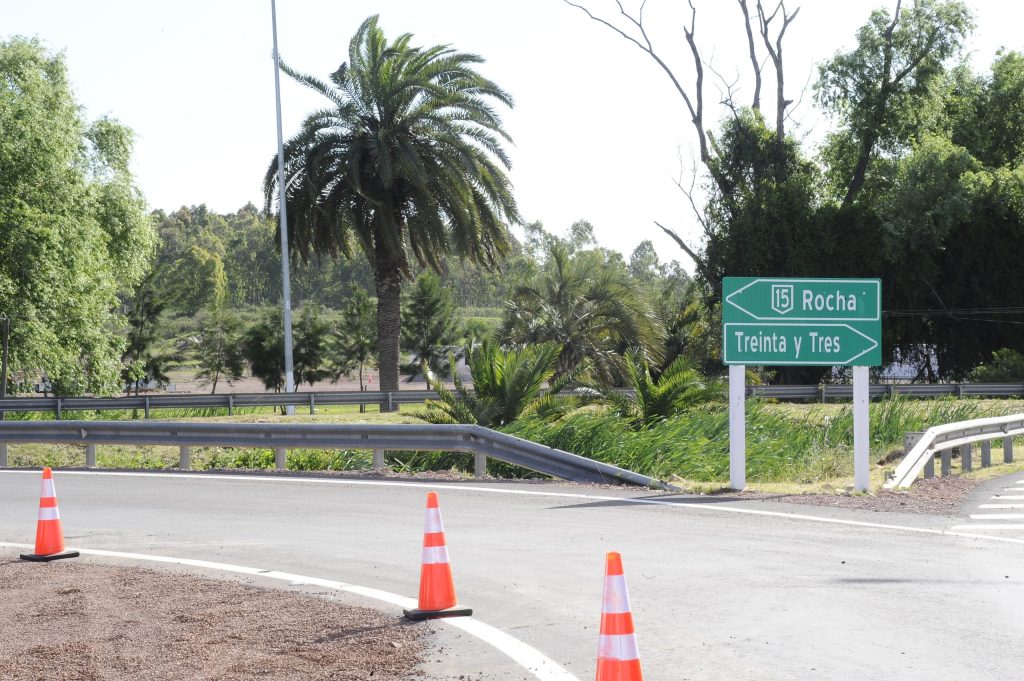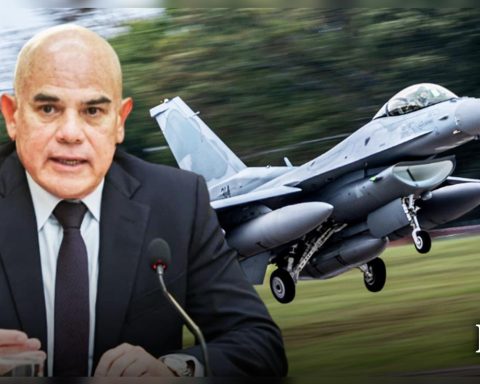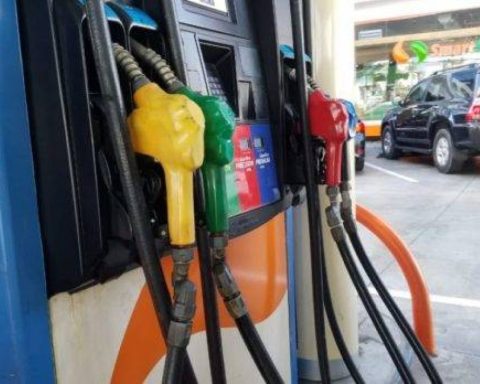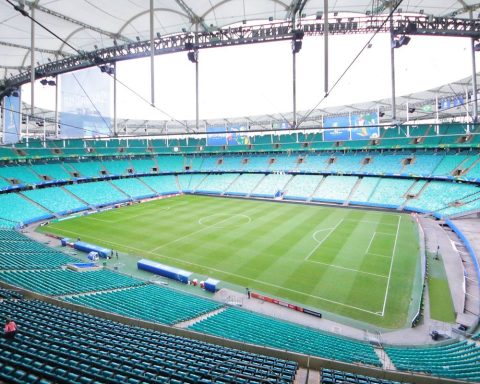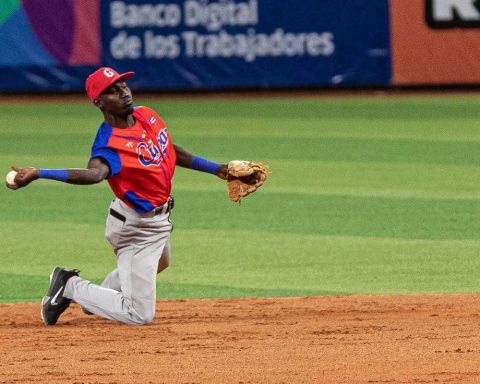From Spain, Edmundo González Urrutia has held meetings with various Spanish politicians and other nationalities in which they have expressed their support for the democratic cause led by him and María Corina Machado.
On November 7, the Attorney General, Tarek William Saab, released a statement from the Public Ministry (MP) in which the organization requested the International Criminal Police Organization (Interpol) raise a red alert against the opposition leader Edmundo González Urrutia. The request was made known one day before he completed two months in exile in Spain.
The response of the international organization was: we do not accept political demands. Meanwhile, the ambassador indicated that the measure by the Saab Prosecutor’s Office was “a new and systematic attack on our work abroad.” “We are carrying the message, about the indisputable triumph of the Venezuelans’ desire for change, the violations of rights…” wrote in X.
Since his exile was confirmed, González Urrutia has carried out a series of public engagements and meetings with various politicians, senators and former presidents, both European and Latin American.
As two months have passed since the diplomat’s exile, we offer a brief account of his political work from abroad.
Meeting at Moncloa
On September 12, González Urrutia was received at the Moncloa Palace by the President of the Spanish Government, Pedro Sanchez. In this meeting, Sánchez assured that Spain will work in favor of democracy in Venezuelan territory, as well as promoting dialogue and the fundamental rights of citizens, the agency reported. EFE.
The meeting took place after the Spanish Congress approved the recognition of González Urrutia as elected president of Venezuela on September 11. This fact was isolated from the Sánchez Government, which maintains its position of not recognizing the ambassador or the current president Nicolás Maduro as the winner.
I warmly welcome our country to @EdmundoGUwhom we welcome showing Spain’s humanitarian commitment and solidarity with Venezuelans.
Spain continues to work in favor of democracy, dialogue and the fundamental rights of the brother people of Venezuela. pic.twitter.com/EoTRvYPJSq
— Pedro Sánchez (@sanchezcastejon) September 12, 2024
Former Spanish presidents recognize González Urrutia
Former Spanish presidents Mariano Rajoy, of the Popular Party (PP), and Felipe González, of the Spanish Socialist Workers Party (PSOE), had separate meetings with the Venezuelan ambassador on September 13.
Rajoy expressed his support for the democratic cause in Venezuela and referred to the diplomat as “president-elect”.
The Felipe González Foundation also called González Urrutia “president-elect” and ratified the former president’s will to “continue fighting to achieve a transition to democracy in Venezuela.”
José María Aznar was the third former Spanish president to meet with González Urrutia. In a release, The Foundation for Analysis and Social Studies (FAES), chaired by Aznar, named González Urrutia “elected president.”
«At this moment it is important to remember that Edmundo González has won the elections; that Edmundo González is the elected president of Venezuela and that the international community cannot consent to the democratic deterioration in that country,” the text states.
The ambassador also met with the president of the Popular Party (PP), Alberto Núñez Feijóo, in the Congress of Deputies on September 17. The Spanish politician insisted on the release of all political prisoners and the request to the International Criminal Court (ICC) to prosecute President Nicolás Maduro.
After his visit to the Congress of Deputies, González Urrutia attended the headquarters of the Spanish Foreign Ministry and held a conversation with the Minister of Foreign Affairs of Spain, José Manuel Albares, in which topics such as democracy, freedom and dialogue in Venezuela, according to the minister’s publication on his social networks.
«International pressure is necessary»
The Venezuelan opposition leader received a visit from the former president of Ecuador, Guillermo Lasso, on September 23 in Madrid. In their conversation, Lasso highlighted that the objective is to “ensure the necessary international pressure” for next January 10, the day of the inauguration in Venezuela, as well as to insist on the “urgent need to recover the rule of law, free political prisoners and avoid a new migratory exodus.
On September 25, he met with former Colombian president Andrés Pastrana and their conversation focused on “his presence in Europe, the recent performance of the former presidents in the Criminal Court of The Hague, the process of liberation of his homeland and the successful team achieved with María Corina Machado,” according to a post by Pastrana on social networks.
A very pleasant and fruitful meeting with the elected president of Venezuela @EdmundoGUwho visited me as a member of @IDEA_Group and president of the @idc_cdi. We talked about their presence in Europe, the recent actions of the former presidents in the Criminal Court of The Hague, the… pic.twitter.com/jkleG3zC4L
— Andrés Pastrana A (@AndresPastrana_) September 25, 2024
González Urrutia also received support in the Spanish Congress from the conservative parties Unión del Pueblo Navarro (UPN) and Canarian Coalition (CC).
On September 26, the ambassador met with the president of the European Parliament, Roberta Metsolaat a Popular Party (PP) event. In statements to the press, Metsola maintained that parliament has been clear about what happened in Venezuela after the July elections and believed that the continent must do “much more” and get deeply involved in its relationship with Latin America.
This body had recognized González Urrutia as elected president of Venezuela on September 19.
VOX leader meets with González Urrutia
On September 30, the Venezuelan opponent returned to the Spanish Congress to meet with Santiago Abascal, president of the VOX party. He expressed his concern about the “disturbing role” of the former president of the Government of that country, José Luis Rodríguez Zapatero, in the current political situation.
Rodríguez Zapatero, for his part, has acknowledged being a mediator for the exile of González Urrutia, without offering details in this regard.
On Sunday, October 6, González Urrutia met with Juan Carlos Delpino, the only rector of the National Electoral Council (CNE) who was not present when the bulletin that proclaimed Nicolás Maduro as the winner with 51% of the votes was read.
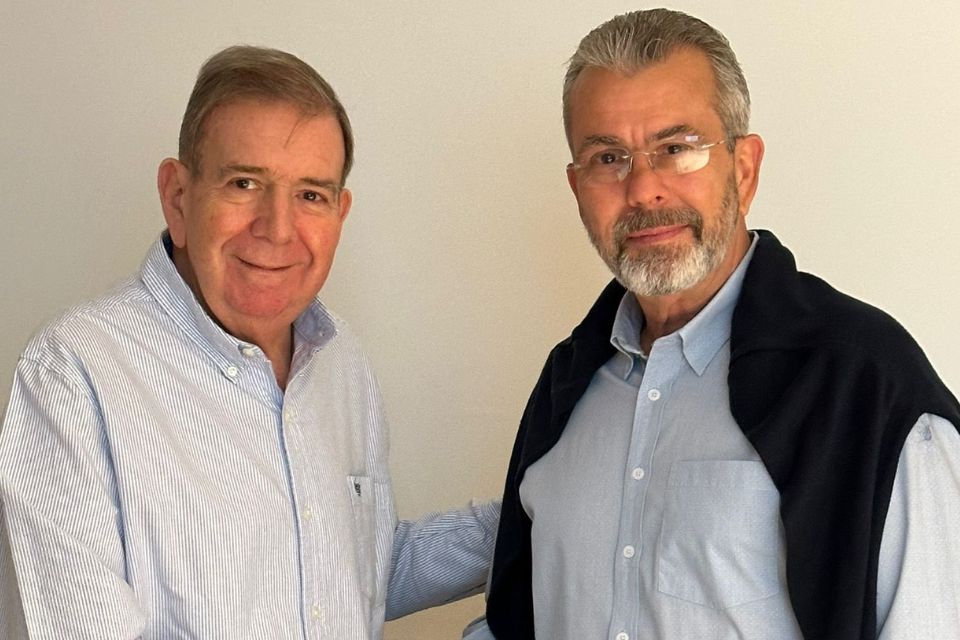
In their meeting, Delpino, who has been out of the country since the end of August, explained “in detail his experience of what he experienced on July 28 within the facilities of the electoral body.”
*Read also: Edmundo González met with Rector Delpino: Testimonies confirm desire for change
Europe tour
González Urrutia continued his tour of Europe on October 10 with a meeting with the Minister of Foreign Affairs of Portugal, Paulo Rangel. The minister assured that he was aware of the important Portuguese community in Venezuela and reaffirmed his “commitment to freedom, democracy and pluralism.” Likewise, he met with the Prime Minister of the Portuguese Republic, Luis Filipe Montenegro.
The Portuguese authorities have stated that they will not recognize Maduro as re-elected president until the disaggregated data demonstrating the result is published.
On Saturday, October 12, González Urrutia spoke with Colombian senator Miguel Uribe, associated with the Democratic Center party, whose main representative is former president Álvaro Uribe.
«It is our duty as democrats to ensure that the victory of Edmundo (González Urrutia) on July 28 is recognized in every corner of the world so that on January 10 Nicolás Maduro hands over power and can make way for a transition towards freedom in Venezuela,” the senator said about the meeting.
On October 28, the Venezuelan diplomat had a meeting in Rome with Giorgia Meloni, Prime Minister of Italy, in which the human rights situation in Venezuela was addressed.
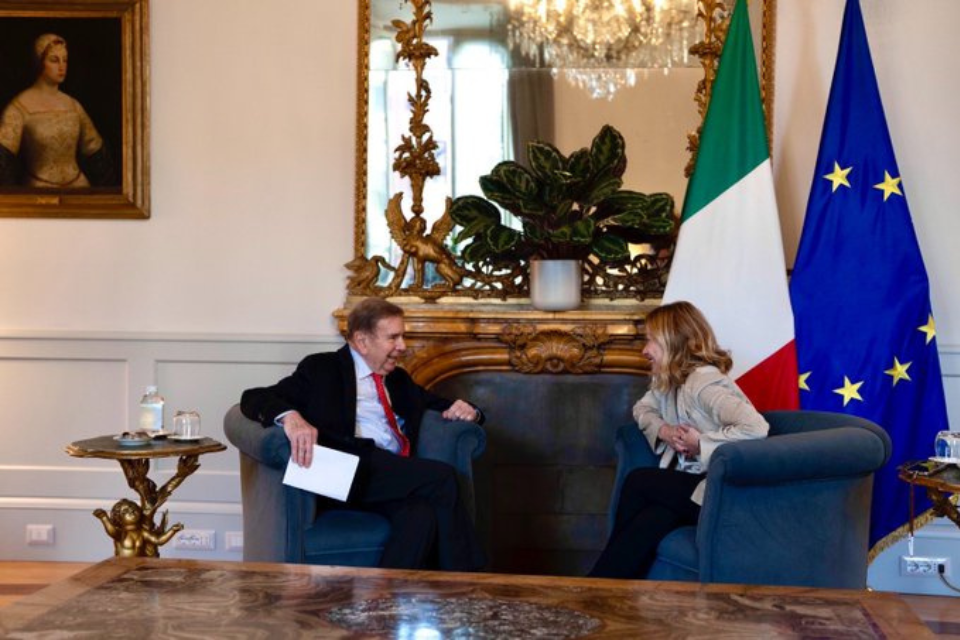
In addition, he thanked the Italian leader for her management in front of the G7, a bloc that asked on September 24 to “end human rights violations” in Venezuela.
On October 30, he was received by a group of Italian parliamentarians, led by Senator Carlo Calenda, and accompanied by former mayor Antonio Ledezma. Calenda stressed that, together with legislators Ettore Rosato and Federica Onori, he will work to have his position as “elected president” recognized.
Likewise, he continued his commitments in the Mediterranean nation on October 31, when he met with Antonio Tajani, Deputy Prime Minister and Minister of Foreign Affairs and International Cooperation of Italy. After this meeting, Tajani maintained that Nicolás Maduro was not the winner of the July 28 elections.
Back in Spain, he met in Madrid with the mayor of Buenos Aires, Jorge Macri, on November 1. According to information from Infoabethe mayor condemned “the actions of the Maduro dictatorship”, whose objective was to intimidate González Urrutia, Machado and their team.
The Venezuelan opponent, along with María Corina Machado, firmly maintains that he was the winner of the presidential elections on July 28 with 67% of the votes, according to the minutes collected by opposition witnesses and published on the website resultsconvzla.com.
The CNE, which proclaimed the current president Nicolás Maduro the winner, has not yet published the data disaggregated by polling station and voting centers.
*Read also: Interpol on request against González Urrutia: We do not accept political demands
Post Views: 241
